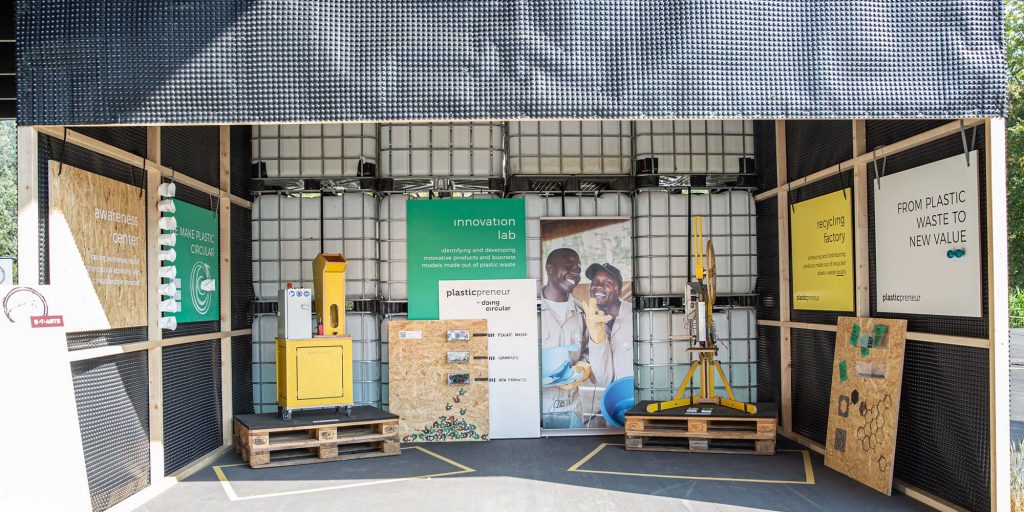Ars Electronica interviews a plastics futurist
*This seems like a very sensible idea, but it’s also alarming to see the European electronic-art world attempting to save the planet. It’s as if you’d recruited all the synthesizer-players and invited them to protect the national forests.
*With that said, the volume of plastic on our planet’s land and seas is truly staggering, Maybe someone will dream up something unexpected to do with it.
https://ars.electronica.art/aeblog/en/2021/11/30/greiner-innoventures/

(…)
In a world going through a climate emergency, many fingers point at plastics as one of the leading polluters and contributors to this crisis. An article published by Springer Link in November 2020 about the increased plastic pollution during COVID 19 criticises the industry’s and policymakers’ attitudes towards plastics. Still, it ends by saying: “plastics are important because they provide many advantages, yet instead of demonising, we should learn to use plastics responsibly.” In your view, what can be done to change the culture around the use of plastic and whose responsibility is it?
Maria Molina: I agree with that statement. Plastics have many advantages over other materials, and in many cases, they are even more sustainable while in use. In this regard, there is plenty of scientific evidence backing this premise. Nevertheless, if plastics are not collected and reprocessed or recycled after use, the consequences are the tragic images we all know of bags, bottles and all kind of plastic products damaging entire ecosystems. In this sense, recycling must become the norm to guarantee that plastic materials keep flowing in circularity and remain valuable. Although, I know it is easier said than done. The world has become plastic dependent in many areas, yet the availability of recycling infrastructure and proper waste management around the globe is quite imbalanced.
And yes, plastics are valuable materials, waste pickers walking every day on the streets of Medellín or New Delhi have known that for decades. They make a living out of sorting what others believe is just trash. So, what I want to stress is that we need to find solutions that adapt to different economic and social circumstances, and that implies an articulated work among diverse stakeholders including local and governmental authorities, producers, recyclers, scientists, and consumers.
If the efforts to this end were to fail, we can expect disruption from other materials offering similar qualities to plastics but with a friendlier and healthier end of life….